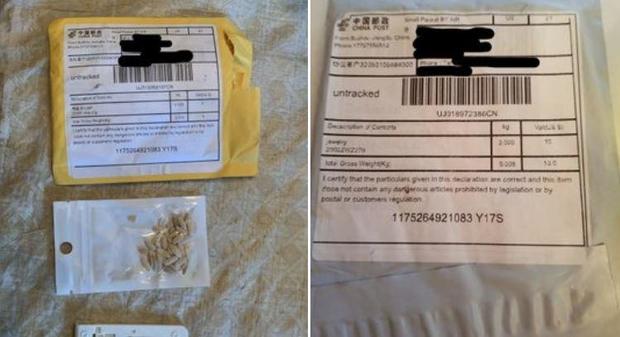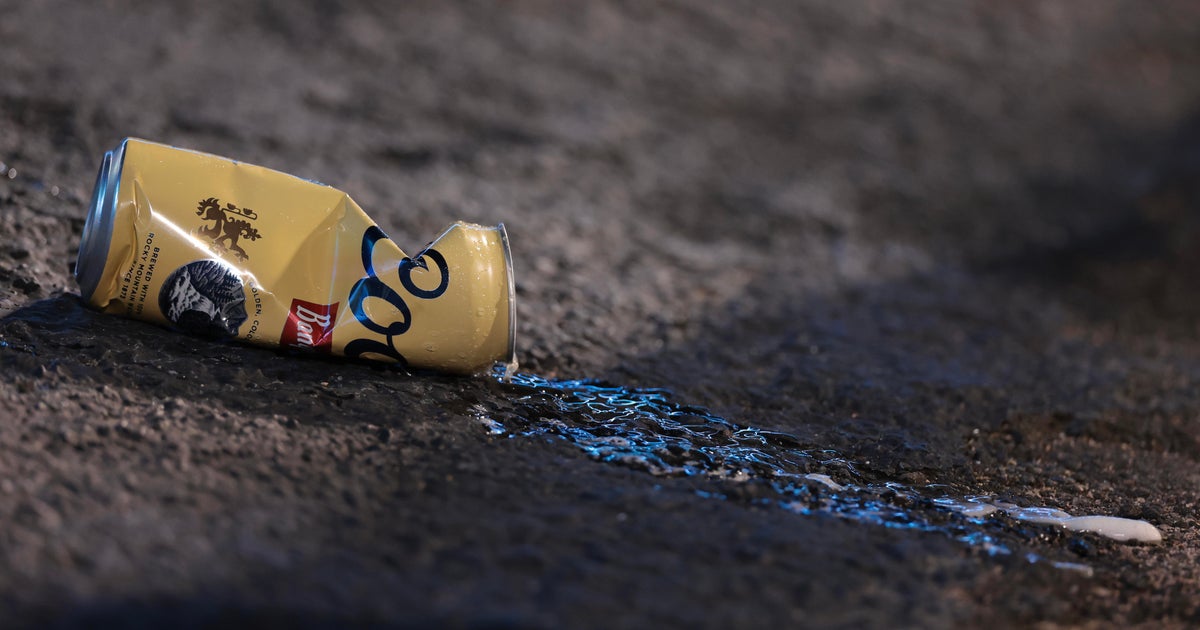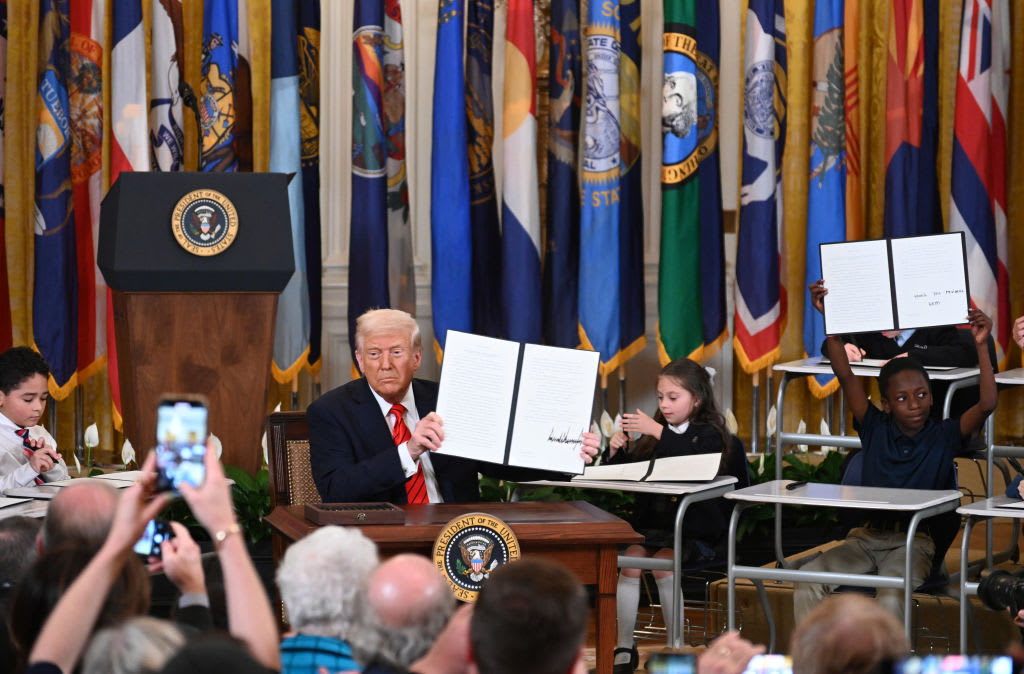Amazon bans foreign sales of "mystery" seeds in U.S.
Amazon has banned foreign sales of seeds in the U.S. after Americans across the country received suspicious packages of seeds, many originating in China, earlier this summer.
Under the online retailer's new policy, as of September 3 overseas seed vendors are prohibited from importing plant or seed products into the U.S., according to Amazon. Non-residents of the U.S. are also banned from bringing seeds into the country.
"Moving forward, we are only permitting the sale of seeds by sellers who are based in the U.S.," the company said in a statement. Sellers who don't comply with the restrictions could have their account shut down.
Amazon's rule change was first reported in the Wall Street Journal.
Americans in all 50 states have reported getting the seeds in the mail. The U.S. Department of Agriculture has advised recipients against planting them, warning that the seeds could be invasive species.
So far, however, more than a dozen of the seed types identified by the agency have turned out to be innocuous species such as mustard, cabbage and morning glory as well as herbs like mint, sage, rosemary and lavender.
The USDA "is aware that people across the country have received suspicious, unsolicited packages of seed that appear to be coming from China," the agency's Animal and Plant Health Inspection Service (APHIS) said in statement last month.
The USDA asks anyone who receives an unsolicited package of seeds to file an online report and to mail the product to an agency office in their state. Alternatively, people may contact local APHIS officials to arrange for seeds to be picked up or dropped off.
The Agriculture Department has said the packages could be a "brushing" scam, in which a seller sends unsolicited items to someone and then posts false positive customer reviews to boost sales.
"Brushing scams involving seed packets in international mail shipments are not uncommon," the USDA said in June. "U.S. Customs and Border Protection (CBP) has intercepted similar seed shipments in recent years."




